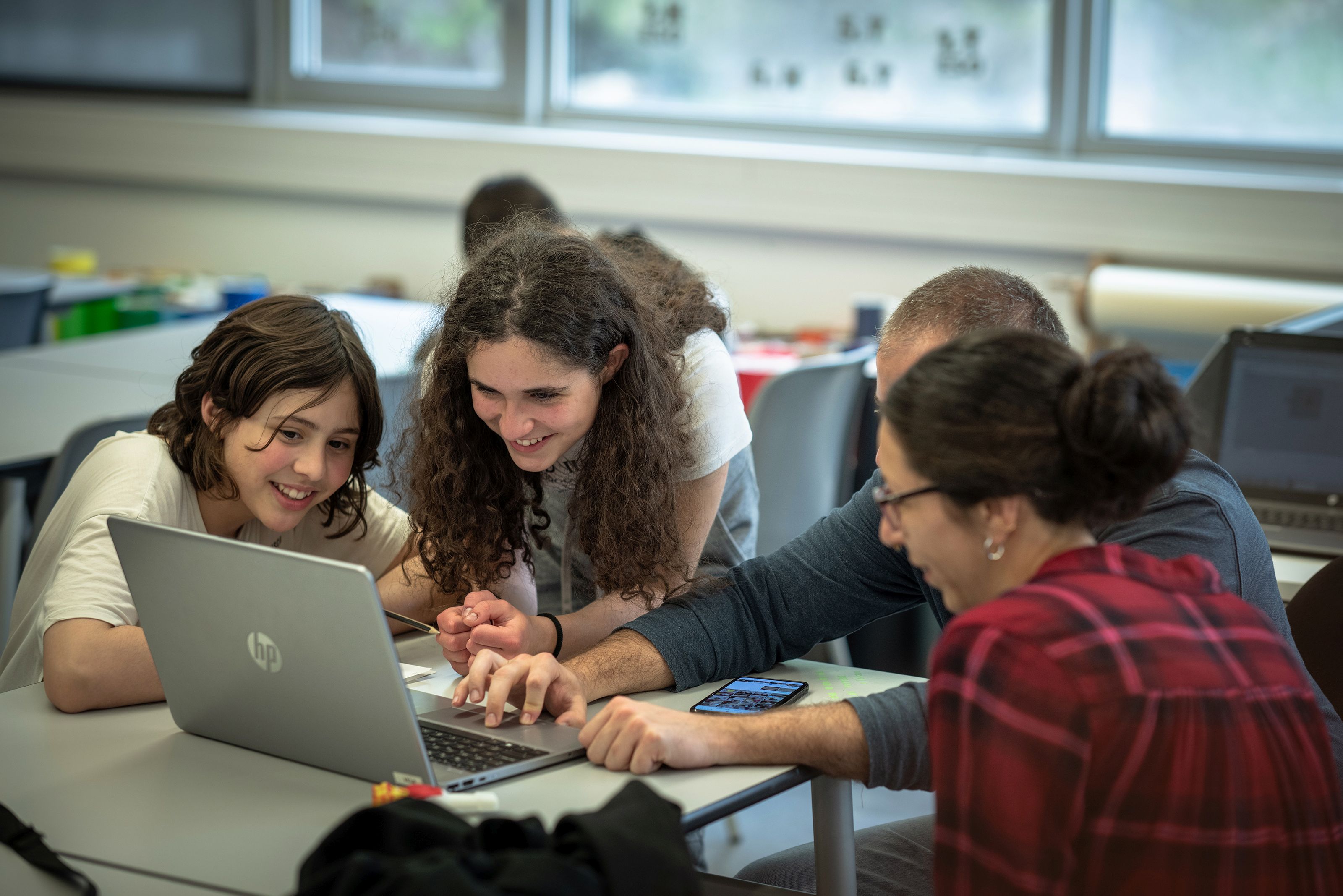Barcelona City Council’s Digital Rights Report
This publication contains all the bodies involved, projects carried out, and main municipal initiatives implemented during the last term of office for boosting, promoting and championing digital rights among city residents.

Barcelona City Council has published its Digital Rights Report for 2019-2023, a collection of municipal initiatives carried out in this area where innovation and new technologies are required for protecting, promoting and respecting human rights in the analogue world and ensuring that no rights are violated online.
It should be noted that Barcelona is a founding member of the Cities Coalition for Digital Rights, whose aim is to promote more open, democratic, inclusive, transparent and responsible digital environments. Administrations, and local authorities in particular, need to implement innovative solutions, public policies and regulations to guarantee them.
2019-2023, the digital-transition term of office
Society went through an accelerated digitalisation as a consequence of the Covid-19 pandemic, and authorities had to adapt to a new way of providing many of their services. This process, which enabled considerable progress in many areas, also brought about new inequalities in accessing services and made the existing digital gap in society all the more evident, especially among the more vulnerable groups.
The last four years saw Barcelona lay the foundations for a digital transition at the service of this new reality and social progress and make the most of opportunities, and guarantee no one would be left behind. Barcelona City Council made great efforts to assist people and offer them more and better services to meet their various needs with the creation of new teams and programmes.
This new collective effort from the Area of Digital Rights led to the launch of programmes such as the Shock Plan for Digital Inclusion, the ICTs Officers Service and Connectem Barcelona. These programmes helped to build up a good snapshot of the existing digital gap in the city for the purposes of meeting the needs detected.
The ICTs Officers programme assisted over 17,000 people, helping them to get through over 28,000 online procedures in 11 of the city’s neighbourhoods where more digital-support needs had been detected. The Connectem programme was used to provide devices, connectivity and digital skills acquisition to over 300 individuals from the Trinitat Nova neighbourhood. These initiatives were pioneers in the path to making a fairer digital transition possible and inspired digital-inclusion policies in other cities around the world.
The second big area of action for ensuring digital rights was the impetus to ethical AI. The term of office saw the creation of a series of internal and external bodies for supervising their implementation and work carried out with other cities in creating a register of algorithms and the adoption of a protocol for adaptation to the municipal authority.
These pioneering initiatives were accompanied by intense international activity that positioned Barcelona as one of the capitals of technological humanism and benchmark in championing citizens’ digital rights. Note, among other things, the role of Barcelona’s leadership in the Cities Coalition for Digital Rights, its collaboration and its impact on the EU front within the Eurocities framework, and its participation with political and technical representation in renowned international events and meetings.



